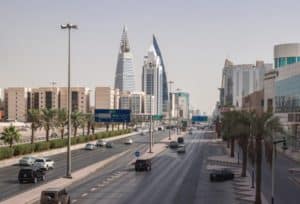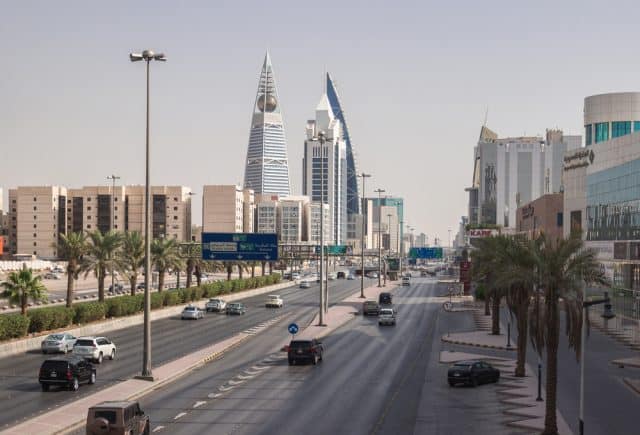Saudi Arabia’s billionaire Prince Alwaleed bin Talal, who was freed from nearly three-month detention on Saturday in Riyadh, is expected to return to his normal life at the earliest.
Chairman of Riyadh-based Kingdom Holding Co. Alwaleed, who also owns stakes in Citigroup Inc., Twitter and the ride-hailing service Careem, will stay at the helm of his company, driving it from the forefront. This has buoyed the market sentiments and resultantly shares of Kingdom Holding Co. are expected to have a good run this week.
Kingdom Holding Co. shares to look up
Shares of Kingdom Holding Co. had tumbled down after the detention of Prince Alwaleed in November last year. They had plunged significantly in the first week of November, falling around 9.9 percent at the open in Riyadh and closed 7.6 percent lower, the lowest since June 2012. The benchmark Tadawul All Share Index erased losses to close 0.3 percent higher.
Kingdom Holding Co., which is 95 percent controlled by Prince Alwaleed, saw this sudden depreciation as investors reacted to the reports of his detention.
“This was a natural reaction of the investors as the biggest stakeholder was under detention. So it was not surprising that they reduced exposure to the market. However, now we are expecting a slight up in the shares value during this week,” said Mohammed Suleiman, a Dubai-based economist, who is running his own consultancy and law firm, with offices in Dubai, Jeddah and Manama.
Prince Alwaleed, whose net worth, prior to his reported detention, was estimated at $19 billion in Bloomberg Billionaires Index, was declined by nearly $1.3 billion in 48 hours, Bloomberg reported in November.

Full support to Saudi rulers
Prince Alwaleed has been released from the detention, allegedly after rounds of negotiations with the Saudi authorities. However, earlier there were media reports that Alwaleed has refused to reach on any consensus with the Saudi officials and he will be soon moved to a high-security prison from Ritz Carleton hotel. But this development has refuted all those speculations.
In fact, just hours before his release, Alwaleed had told Reuters, in an interview, that his detention was a ‘misunderstanding’ and he also expressed full support for the Kingdom’s rulers.
Prince Alwaleed was one of the dozens of senior officials and businessmen taken into detention as part of a sweeping purge on corruption in Saudi Arabia. Though there were reports citing a senior Saudi official said Prince Alwaleed was freed after reaching a financial settlement with the authorities but so far no concrete information was released regarding this.
Well thought out move
Saudi Arabia’s clamping on corrupt officials, including princes and ministers, has put this Gulf nation on the forefront of the battle to refurbish the decades-old system. Undoubtedly it was a decisive action of Saudi Arabia’s Crown Prince Mohammed bin Salman to detain dozens of princes, businessmen and senior officials on the charges of corruption.
“The crown prince not only controls the oil policy of the kingdom, he is very much the face of Vision 2030, which is expected to pull the Saudi economy away from its dependence on oil,” Mylene Tisserant, a business intelligence and political risk consultant based in the UAE and recently in Riyadh, told TRENDS.
“Crown Prince Mohamed bin Salman has imposed a more centralized system of power, far from the traditional consensus model within the wide royal family. In this sense, the anti-corruption purge could be seen as the latest step of his ambitious project to cement his power over defense, political and economic spheres.”
The sweep recalibrated the nexus between business and politics in the country and it reflected the Crown Prince’s power, explains Graham Griffiths, Senior Analyst at the Dubai office of Control Risks.
“This was the result of the political emergence and consolation of power of (the) Prince,” he says during an interview in his Dubai office. Bin Salman’s targets included powerful prices who controlled large ministries. “They also controlled significant economic resources of those ministries that they could use to distribute money to their clients and also feed it back to themselves in some cases,” he says.








